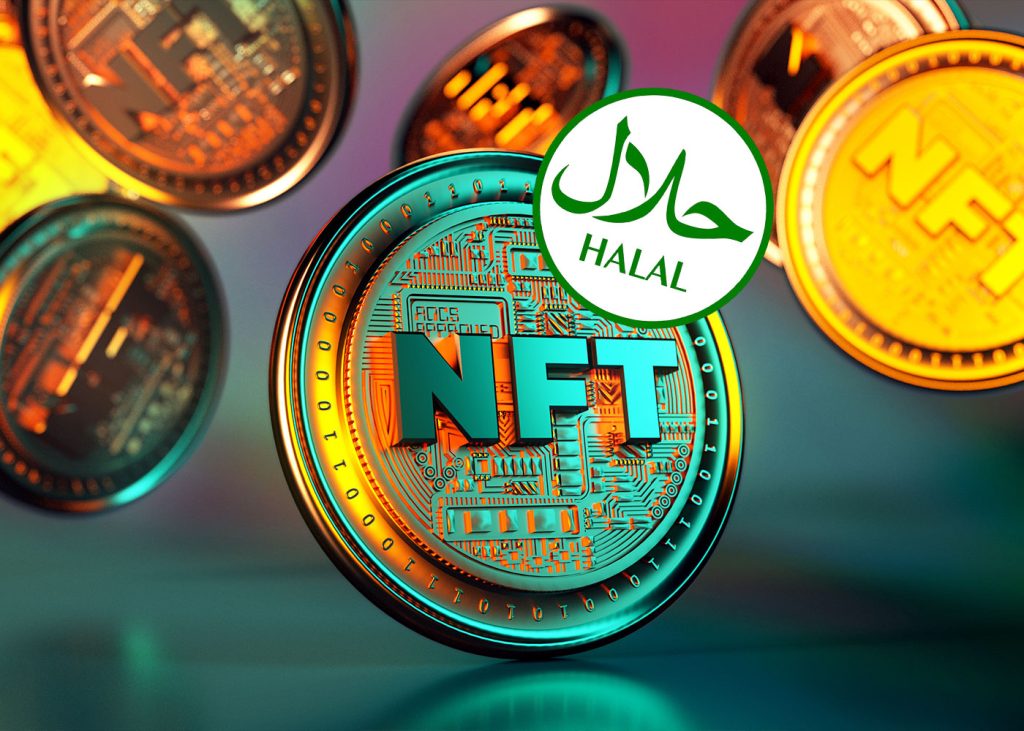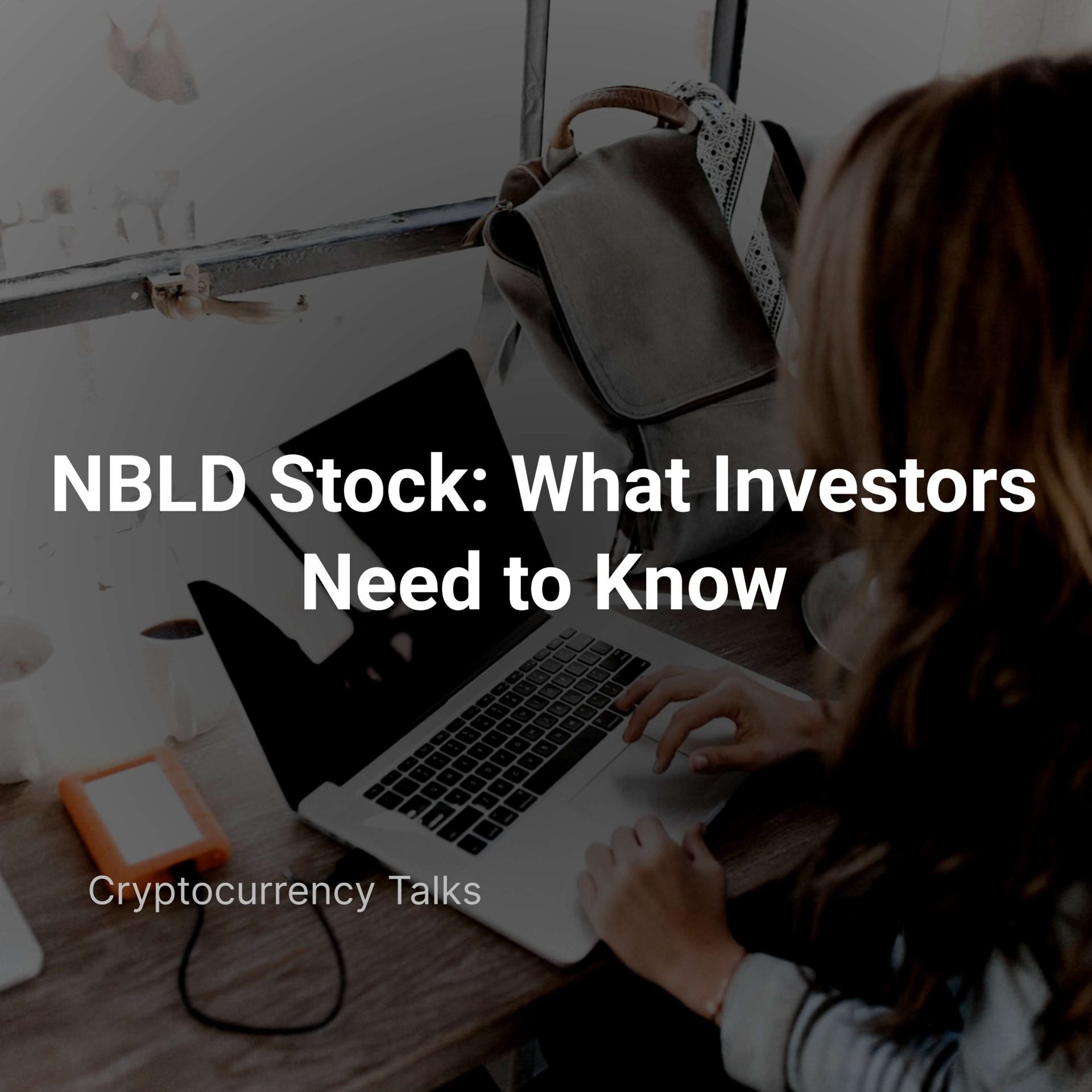
NFTs, or Non-Fungible Tokens, are a fast-growing asset class in cryptocurrency. With their potential to facilitate digital ownership of the artwork and other valuable collectibles, NFTs have seen massive growth over the past year. But for many Muslim investors and traders, there may be a question about whether trading and holding NFTs is permissible under Islamic law. There is a confession about ”are NFTs haram”. We take an in-depth look at this issue to provide an answer to whether or not NFTs are halal or haram.
Are NFTs Haram: Let’s Look at It
NFTs (Non-Fungible Tokens) are a relatively new technology that allows individuals to buy, sell and own their digital assets.
Are NFTs haram or permissible under Islamic law? That depends on the specific use case and underlying asset the NFT represents. There’s a different approach when we ask, “is buying NFTs halal?”.
In general, buying and selling of NFTs can be permissible as long as the asset represented by the NFT is halal. For example, NFTs are acceptable if they represent digital artwork or video game items that are halal-owned and traded.
However, if the NFT represents something not permitted by Islamic law, then: NFTs are also considered haram or illegal if they are casual games or digital goods that promote haram activities. There may be ongoing debate and debate among Islamic scholars about the acceptability of NFTs in certain circumstances. Individuals should consult a qualified academic or authority with specific questions or concerns.

To Summarize
“Are NFTs haram?” Well, it is complicated. But it’s important to note that somebody must consider halal activities within the context of Islamic values and beliefs. Ultimately, every person will have to decide whether investing in NFTs is right for them. As Muslims think about their faith when making purchase decisions, they should consider critical elements such as market conditions, asset characteristics, and the seller’s legitimacy. Investing involves risk, and individuals should exercise caution before entering any transaction. These precautions ensure that any investment is done responsibly and adheres to Islamic teachings.






